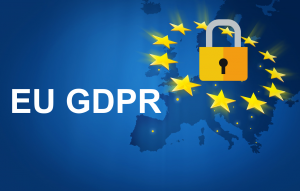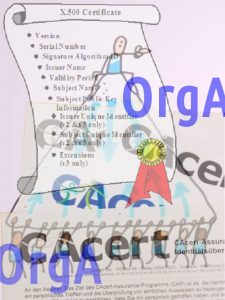 According to estimates, around six million people of the eight million inhabitants in Switzerland use the Whatsapp news service in their private lives. In Germany and Austria, the figures will probably be similarly high. This type of communication is so self-evident that more and more companies want to communicate with their employees and customers with Whatsapp: Picture messages of a place to be repaired, details of a booked flight or even direct advertising.
According to estimates, around six million people of the eight million inhabitants in Switzerland use the Whatsapp news service in their private lives. In Germany and Austria, the figures will probably be similarly high. This type of communication is so self-evident that more and more companies want to communicate with their employees and customers with Whatsapp: Picture messages of a place to be repaired, details of a booked flight or even direct advertising.
The well-known news service explicitly allows operational use and offers a business version for SMEs and an interface (API) for large companies. The list of advantages is long: uncomplicated, direct, shorter decision paths, cost-effective customer service, etc. – what more do you want? Since 2017, however, more and more companies have prohibited their employees from using Whatsapp, as the basic EU data protection regulation stipulates that personal data may neither be collected nor processed without the consent of the person concerned. No company wants to afford the imminent fines of several million euros.
The problem lies in the way the messsanger service operates. It regularly reads the address books of its users in order to compare them with its database. In this way he can display contacts that are new to the service. They have never given their consent. This is therefore a violation of the general data protection regulation, which also applies to companies that have only one contact in the EU. If it is either a service telephone or a private one on which business contacts are stored with the consent of the company, the company is liable. If the employees use their own device in the company, no synchronization with the data processing systems may take place. Thus, the employee processes personal data without the employer’s permission and is then liable for possible violations of the law.
If the intelligence service is to be used in compliance with data protection regulations, there must be two separate address books, one internal, with only those persons who have given their consent to the transfer of their personal data to Whatsapp. Another possibility is the use of a GDPR-compliant messenger in the company. The disadvantage of this solution, however, is that such messengers have not yet become widespread and can therefore hardly be used in contact with customers.
 And the solution? It corresponds to squaring the circle and is about as simple as the browser integration of CAcert in the next 12 months. Nevertheless, it is worthwhile, especially in the year 2019, to deal with how one deals with personal data in one’s company. The first companies to find practicable and easily implementable solutions can gain a competitive advantage, because “Security is not everything, but without security everything is nothing”. (Schopenhauer)
And the solution? It corresponds to squaring the circle and is about as simple as the browser integration of CAcert in the next 12 months. Nevertheless, it is worthwhile, especially in the year 2019, to deal with how one deals with personal data in one’s company. The first companies to find practicable and easily implementable solutions can gain a competitive advantage, because “Security is not everything, but without security everything is nothing”. (Schopenhauer)
The sending of encrypted and signed e-mails is in compliance with the general data protection regulation. With the Organisation Assurance Programme, CAcert offers companies a simple and practical solution. The systematic sending of digitally signed e-mails offers customers the opportunity to clearly distinguish messages from spam and phishing. The encryption of internal e-mails increases security and is technically easy to implement, as the IT department rolls out the corresponding certificates.
Source: NZZ, 31.12.2018
Donate the running costs of allmost one day (5€) Donate as much as you want Donate the running costs of one week (50€) IBAN DE50 2019 0003 0008 5478 07 “CAcert”





